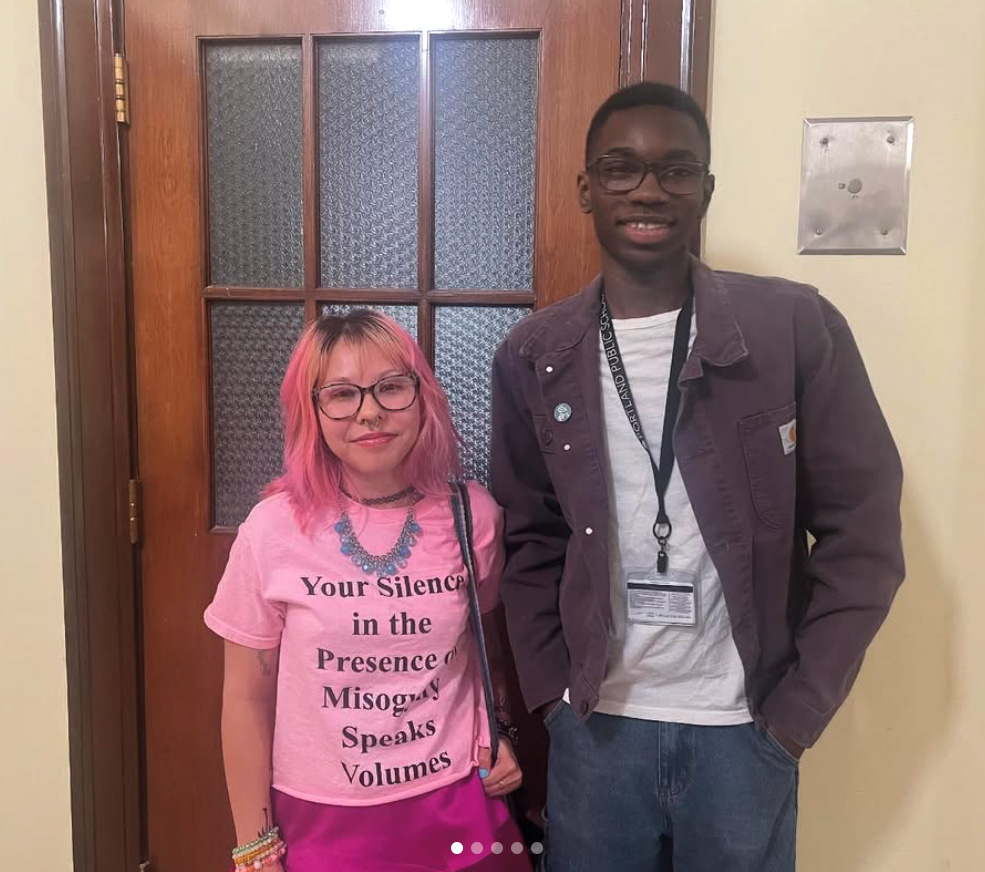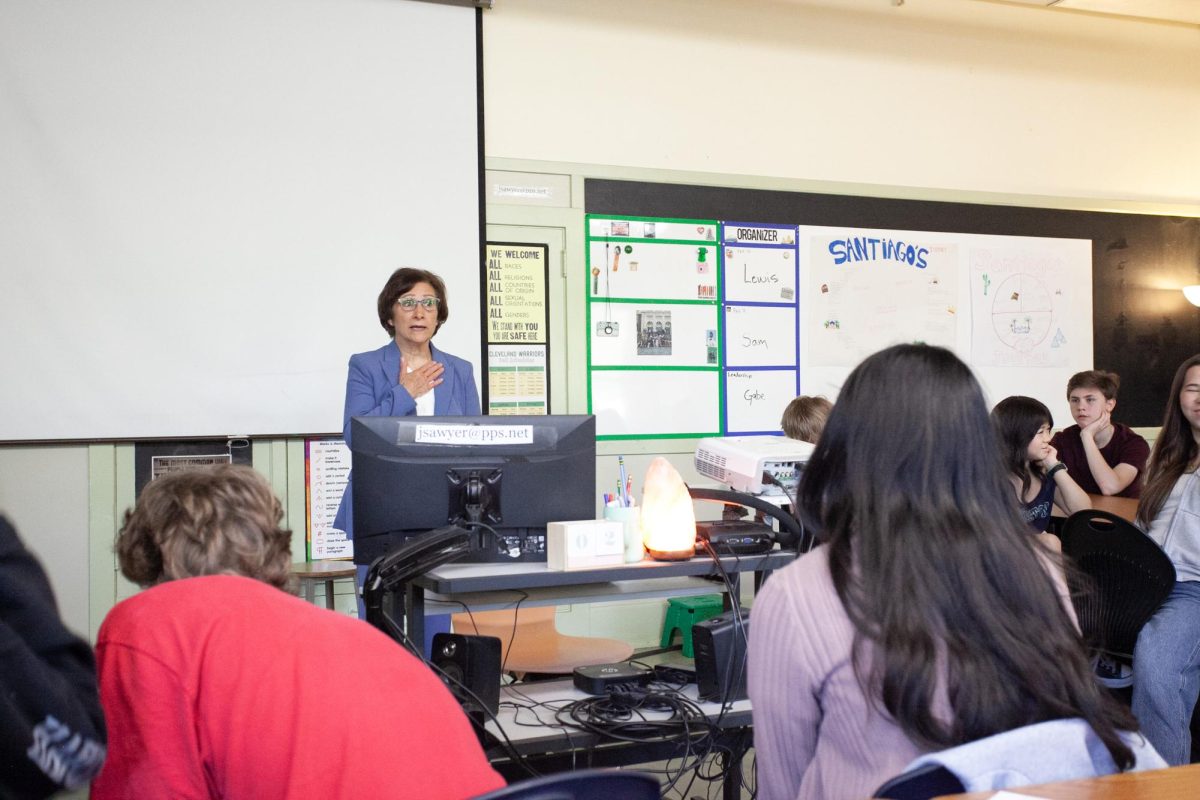A Jumbo problem in Jumbo Valley
January 20, 2016
The dispute over the Jumbo Valley has been going on for more than 24 years. On one side, there is the Italian architect, Oberto Oberti partnering with Grant Castello, the Senior Vice President of Jumbo Glacier Resorts and several members of the B.C. government who support the development of Jumbo Valley. The other side has environmental advocates and other members of the B.C. government as well as a first nations people who have lived on that land for almost 10,000 years. In 1991, Oberto Oberti submitted his first development plan. From then on, they began the long process of environmental review. With any standard process for development projects in British Columbia, the process could take up to a decade for the government to approve. However, by 2004, thousands marched on the streets to protest the development; 90 percent of the locals were against the development. Despite the opposition from local politicians, residents, and environmental groups, the project was granted the environmental certificate only months later and was reviewed again in 2009. As part of his environmental approval, Oberti had to resolve 195 conditions or else the government would decline the project. Several questions came up about whether or not this year round ski resort would benefit the economy positively. The resort would produce 800 jobs for the region. However, within the Kootenays, it’s a wild, and remote place that may not sustain a city or town after the development. Real estate development and government designation do not make a community. The only people who want to live there want to see Jumbo Valley kept wild.
The Ktunaxa people, a first nation that has lived on that land for 10,000 years, consider the Jumbo Valley a sacred homeland to their people. They appealed a British Columbia Supreme Court decision over the approval of The Jumbo Glacier Resort. After the proposed development from Jumbo Glacier Resorts, the ruling left the Ktunaxa First Nation leaders disappointed. “We are working closely with our legal team to analyze this ruling and other developments to determine what our next steps may be,” said Ktunaxa Nation Council Chair Kathryn Teneese in an August press release. When the Ktunaxa had not been properly consulted during the resort approval process it resulted in the government signing a development agreement for Jumbo Glacier Resorts. They also agreed to build a ski resort in the Upper Jumbo Valley. This would infringe on Qat’Muk, a sacred territory to the Ktunaxa people, which also correspondingly violates the Ktunaxa’s freedom of religion. In 2011, the Ktunaxa nation did an economic study of Jumbo Glacier Resorts initial projections. Several important points were found, such as the fact that there is no evidence that there will be significant economic benefits with any jobs associated with this project and that the resort would only attract locals from the region and not improve tourism.
By 2005, most bear populations in the United States migrated into the Jumbo Valley by force where they could roam free. Keeping the population of grizzly bears in the central Purcell Mountains is essential to maintaining international bear populations that are extending into the United States. After conducting field studies, scientists say that the population needs to recover before developing a resort in the Jumbo Valley. However, Jumbo Glacier Resorts is monitoring any impacts that could potentially affect the populations while the Environmental Assessment Office reviews the assessment of Jumbo Valley. Several environmentalist groups such as the Regional District of East Kootenay report that there are no examples in North America where grizzly bears have coexisted with large human activity successfully over long periods of time.
Fragmentation in the transborder British Columbia-USA region puts the grizzly bear populations at higher risk. “Keeping this core anchor subpopulation healthy, intact and unfragmented is likely essential to maintaining the long-term self sustainability of the larger Canadian regional Purcell grizzly, as well as maintaining the international grizzly bear distribution extending directly south into the United States,” said Dr. Michael Proctor.
After the first phases of constructing the day lodge in 2014, the British Columbia Ministry of Environment revoked Jumbo Glacier Resort’s because they were unable to meet all of the requirements. However, Jumbo Glacier Resorts continues to bypass these challenges and resume development.
The citizens of British Columbia continue to rally, write letters, and attend meetings in an effort to permanently protect Jumbo Valley from development.
To keep Jumbo [Qat’muk] Wild and support the Ktunaxa nations declaration, please sign the petition at PATAGONIA.COM/JUMBOWILD.









